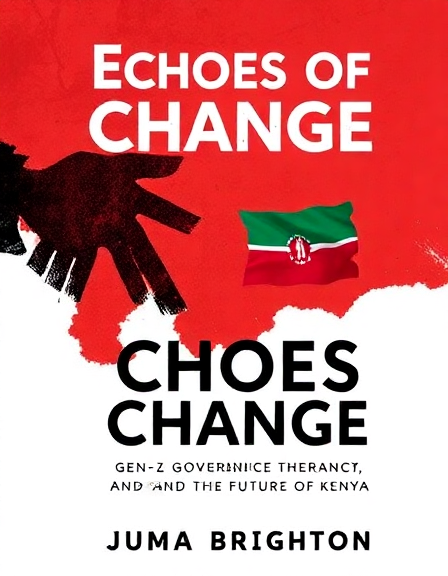2] Things Fall Apart
"Things Fall Apart" is a novel by Nigerian author Chinua Achebe, published in 1958. The story follows Okonkwo, a respected leader and warrior in the Igbo community of Umuofia, as he struggles with his identity and the changes brought about by colonialism and Christianity. The narrative is divided into three parts:
The Author
Chinua Achebe (1930-2013) was a Nigerian novelist, poet, professor, and critic best known for "Things Fall Apart," which is regarded as one of the most significant works in African literature. Born in Ogidi, Nigeria, Achebe was educated at University College Ibadan before working at the Nigerian Broadcasting Corporation. His writing often addresses themes of cultural identity and colonialism while providing insight into African traditions and society. Achebe's work has had a profound impact on literature worldwide and has inspired countless writers across generations.
Summary of Things Fall Apart
- Part One: The novel begins with Okonkwo's rise to prominence in Umuofia, where he earns respect through hard work and wrestling victories. He despises his father, Unoka, who was considered weak and irresponsible. Okonkwo adopts Ikemefuna, a boy given to Umuofia as compensation for a crime committed by another tribe. Despite growing fond of Ikemefuna, Okonkwo participates in his murder to avoid appearing weak. This act deeply affects Okonkwo's relationship with his son Nwoye, who distances himself from his father.
- Part Two: After accidentally killing a clansman during a funeral ceremony, Okonkwo is exiled to his mother’s village for seven years as punishment. During this time, he learns about the arrival of missionaries and the spread of Christianity among the Igbo people. His son Nwoye converts to Christianity, which further alienates him from Okonkwo.
- Part Three: Upon returning to Umuofia after his exile, Okonkwo finds that his village has changed significantly due to colonial influence and the growth of Christianity. When tensions escalate between the traditional Igbo customs and the new religion, Okonkwo becomes increasingly frustrated with his people's unwillingness to fight back against colonial rule. In despair over his inability to restore his former status and the disintegration of Igbo culture, he ultimately takes his own life.



Comments
Post a Comment